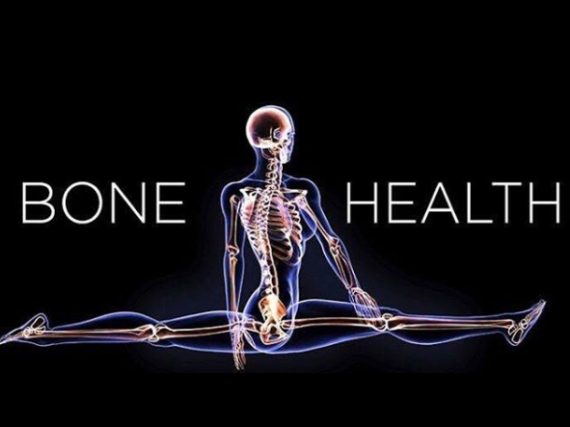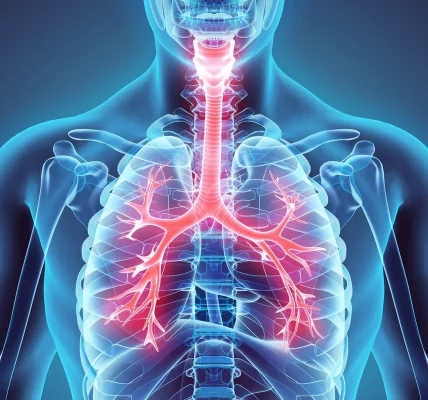Our bones, the silent pillars of our bodies, often go unnoticed until they start to weaken. But maintaining strong and healthy bones is crucial for mobility, preventing fractures, and overall well-being. Let’s delve into the world of bone health and discover how we can keep our skeletal system robust.
Understanding Bone Health
Bone health refers to the overall condition and strength of our skeletal system. It’s a dynamic process involving bone formation and breakdown, influenced by various factors:
- Genetics: Our genetic makeup plays a significant role in bone density and susceptibility to bone-related diseases.
- Nutrition: A balanced diet rich in calcium and vitamin D is essential for bone health.
- Physical Activity: Regular weight-bearing exercises help stimulate bone growth and density.
- Hormonal Balance: Hormones like estrogen and testosterone influence bone metabolism.
Why Bone Health Matters
Weak bones can lead to serious consequences, including:
- Osteoporosis: A condition characterized by decreased bone density, making bones fragile and prone to fractures.
- Fractures: Broken bones, especially in the hip, spine, and wrist, can significantly impact mobility and quality of life.
- Postural Deformities: Weakened bones can lead to conditions like kyphosis (curvature of the spine).
Building Strong Bones: Tips and Tricks
- Nourish Your Bones:
- Calcium: Dairy products, leafy green vegetables, and fortified foods are excellent calcium sources.
- Vitamin D: Sunlight exposure, fortified foods, and supplements can help your body absorb calcium effectively.
- Protein: Incorporate lean protein sources like fish, poultry, beans, and nuts into your diet.
- Potassium: Fruits, vegetables, and low-fat dairy products are good potassium sources.
- Get Moving:
- Weight-Bearing Exercises: Activities like walking, jogging, dancing, and weightlifting help strengthen bones.
- Resistance Training: Building muscle mass can indirectly support bone health.
- Protect Yourself:
- Fall Prevention: Maintain a clutter-free environment, use assistive devices if needed, and improve your balance.
- Regular Check-ups: Consult your doctor for regular bone density tests and personalized advice.
- Lifestyle Factors:
- Limit Alcohol and Smoking: Excessive alcohol consumption and smoking can negatively impact bone health.
- Manage Chronic Conditions: Conditions like rheumatoid arthritis can affect bone health. Work with your doctor to manage them effectively.
Remember, building strong bones is a lifelong journey. Start early, make healthy choices, and prioritize bone health to enjoy a vibrant and active life.
Would you like to learn more about a specific aspect of bone health, such as osteoporosis prevention or exercise recommendations for different age groups?




